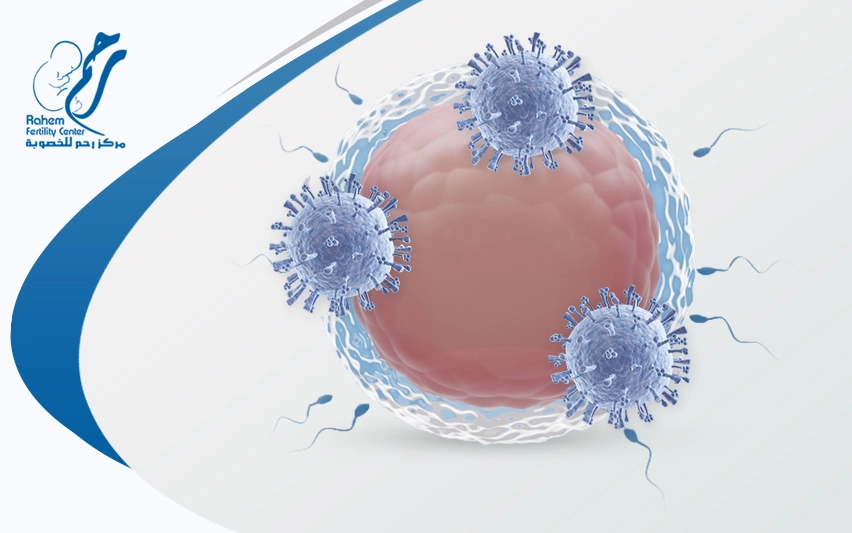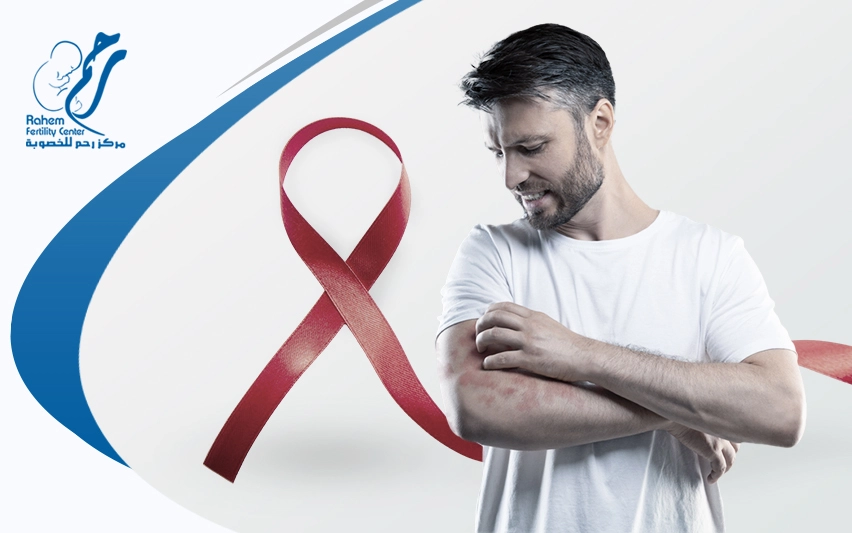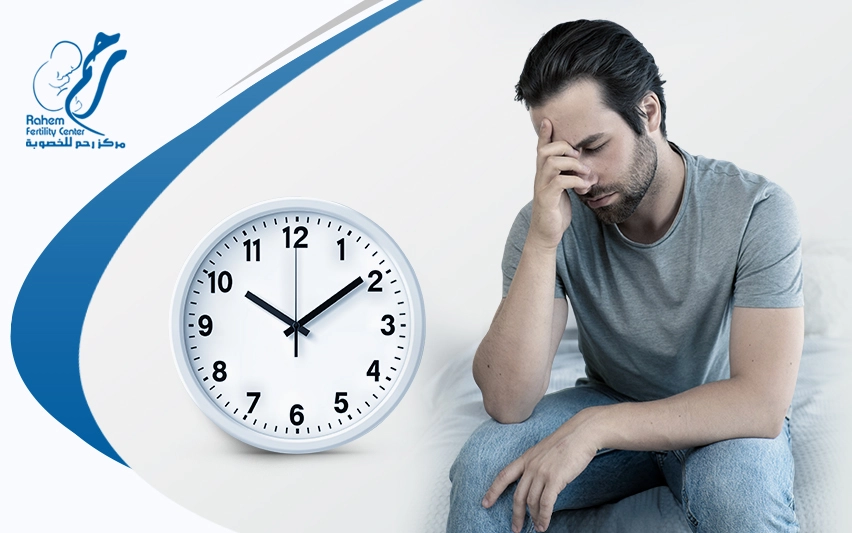Polycystic Ovary Syndrome (PCOS) is one of those conditions that often arrives without clear warning, yet slowly interferes with day-to-day life. Whether you’ve just been diagnosed or have been living with symptoms for years, the question remains: what can truly help?
This article explores the various polycystic ovary syndrome treatment options available for managing this common syndrome affecting women of reproductive age.
Get your inquiry
At Rahem Center, our vision is to be at the forefront of distinguished scientific centers in the field of fertility assistance, not only in Egypt but in the world.

.
What Causes Polycystic Ovaries?
Many ask, “What causes polycystic ovaries?” It’s usually a combination of hormonal imbalances, particularly high levels of insulin and androgens. These changes in hormone levels can interrupt the normal function of the ovaries and lead to irregular periods, unwanted hair growth, and difficulties with ovulation.
There’s also a genetic link, as women with a family history of PCOS have a higher risk, but this familial history doesn’t ensure its development. The reality is that what causes polycystic ovaries is often a blend of inherited traits and lifestyle-related factors that influence how the body processes insulin and regulates hormones.
Understanding this combination of factors helps women to engage with treatment as a strategic journey focused on the main problems, rather than expecting a rapid solution.
Read more about : Pregnancy Calculator
Is PCOS a Serious Problem?
A question that often arises is, “Is PCOS a serious problem?” While the condition isn’t an immediate threat, it can have long-term health complications if it’s not managed. Women with PCOS are at high risk for type 2 diabetes, high blood pressure, and even certain types of cancer, especially if their cycles remain irregular over many years.
Additionally, this syndrome can also result in acne, weight gain, and hair loss, which can be just as draining.
So yes, PCOS can be serious, particularly in advanced cases or if left untreated, but it’s not a hopeless condition. With effective and timely treatment, most women find ways to live well.
read more about IUI or IVF
Does PCOS Get Worse Over Time?
One question that many women quietly wonder is, Does PCOS get worse over time? The answer is not straightforward. For some, symptoms may remain mild and stable. For others, especially when insulin resistance increases or weight gain becomes harder to manage, symptoms can intensify.
Moreover, changes in hormone levels over the years, particularly with aging, can shift how PCOS presents. In some cases, menopause eases the hormonal imbalance, but the metabolic risks often remain a concern.
So, the earlier you understand your condition and begin effective polycystic ovary syndrome treatment, the less likely it is to develop into more complex health issues later on.
read more about : Cramps but No Period
Polycystic Ovary Syndrome Treatment
There’s no one-size-fits-all solution for PCOS. Women often respond differently depending on their hormone profiles, lifestyle, and overall health. Therefore, personalized polycystic ovary syndrome treatment is the key to achieving optimal outcomes and improved quality of life for women with the condition.
Some of the most widely used treatment approaches include:
Lifestyle Adjustments
Weight management, even a small decrease, can restore ovulation and reduce symptoms. Nutrition and physical activity both play a major role in controlling insulin sensitivity and hormone levels.
Medications
Birth control pills are frequently prescribed to regulate periods and lower androgen levels. For wives who trying to conceive, ovulation-stimulating medications may be introduced.
read more about : IVF Journey
Metabolic Management
Medications such as metformin are often used to improve the way the body uses insulin. This not only helps with weight control but also encourages more regular ovulation.
Symptom-Focused Treatments
For acne, excess hair growth, or hair thinning, dermatologists may recommend topical or oral treatments to improve appearance and boost confidence.
read more about Ovulation Cramps
Knowledge is Power: The Clear Answers Women Need to Understand PCOS
Living with PCOS brings many questions about managing symptoms, long-term health, and fertility. These aren’t just clinical inquiries; They reflect deep concerns about overall health and quality of life. That’s why any plan for polycystic ovary syndrome treatment must begin with understanding the patient’s experiences, fears, and challenges.
Thus, your search should focus on a doctor who not only hears what you say but actively listens and responds to all your questions with patience.
At Rahem Center, we understand that PCOS is more than just a list of symptoms. Our care doesn’t stop at managing symptoms; but also, we focus on restoring balance, supporting fertility goals, and walking with each woman through a path built around her body and future.
If you’re ready to take back control, we’re here to help. Contact us through the contact details provided below to book your consultation.











